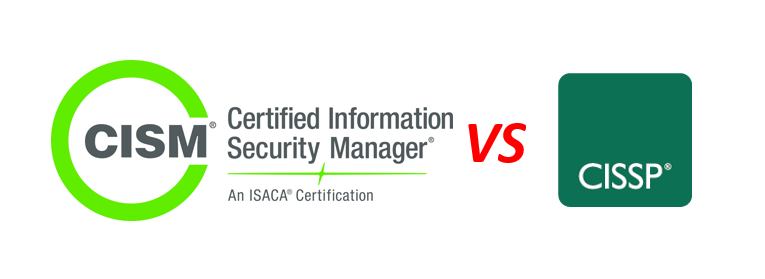Given that the average data breach costs a business around $3.5 million, businesses are coming to the conclusion that they have to take security seriously.
Now that cybersecurity is in the news and has become center stage in every industry, it’s a great time to get into the field. If you don’t know how to get into cybersecurity, it’s a fairly easy career path to enter with lots of high-paying jobs available.
Here are the first 4 steps you need to take if you want to become a cybersecurity professional in the next year or two.
1. Know More Than Security
While many cybersecurity experts know tons about the specific ins and outs of security, they also know more general things about technology. The key to understanding cybersecurity is to know a lot about data systems and data networks. If you don’t understand networking, how will you know if a system is vulnerable or not?
You should start out by trying to master a few different operating systems. Get to know the ins and outs of how they function at the root level and you’ll quickly start to get to know how and why they fail.
While there are millions of people working in the tech sector, only a select few understand the fundamentals of data networks. Even fewer understand how to write scripts in Python and Bash in order to test and to explore networks.
If you’re already in the IT industry, you’re in a good place. You can learn lots about cybersecurity based on what you already know. Get to know about endpoint hygiene and become the security guru in your office. Once you show that you know what you’re talking about, you’re sure to be asked for your help on a regular basis.
2. Get To Know People
Just like in any industry, sometimes it’s good to know people in high places. Even if you’re at a low-level appointment in your current department, you could quickly ascend if you prove yourself as valuable. Find something that very few people in your office know how to do and start learning how to do it.
You’ll become helpful in your office and you’ll be quickly known by supervisors and management. Once you start making those connections, you’ll be able to know when a new job is opening up or if there’s potential for promotion.
Networking is hard and doesn’t come naturally to everyone, but know that if you work with someone, it’s going to be easy for them to imagine you doing a job. If you show interested, a proven success record, and seem to get along with people, you’ll be a natural candidate.
Make sure you make time to meet people in person. That’s when people really get a feel for who you are and are able to imagine working with you.
3. It’s Never Too Late
You might think you need to already have a degree in computer science to get involved with cybersecurity. Thankfully, that’s not the case at all. If you’re new to the world of IT, you just need to start getting to know the fundamentals.
Think of all of the people in the law enforcement industry who spend their days looking for frauds, terrorists, or scammers. They usually spend years learning the elements of policing and investigation long before they learn about tech. Thankfully, it’s not hard to learn about these things if you’re a diligent student.
Working in cybersecurity can be a great transition for someone who has worked with and around technology but never directly.
Technical schools and community colleges can help you to learn a lot of the basics. You can take night classes that can show you how to scan through a server or a network. You can get a basic understanding of the types of problems you run into in network technology and start working from there.
Take whatever courses you can. Every teacher has something valuable to share with you. If your hunger to learn is intense enough, you could breeze through your courses.
4. Then Get a Certification
Once you’ve learned the basics through courses, get some cybersecurity certifications to prove you’ve got the goods to do the job. While certifications might not seem that important in the long run, they do a lot to get your foot in the door. Even though you might easily pass the technical test and get through the technical questions that your interviewer might have, certifications back you up.
Getting yourself the Security+ certification will tell potential employers that you understand the basic responsibility of a cybersecurity professional. You’ll know the basic terminology and be able to communicate with the rest of your team.
While you don’t need extensive credentials, having something beyond your education is useful. The job market is competitive in the tech space and you don’t want to be left out. If you can do the job of a cybersecurity professional, take every opportunity to prove it to your potential employers.
There’s a lack of manpower in the industry right now making it a perfect time to get involved. So long as you can prove that you’ve got basic aptitude for the job, you’re sure to do well in the industry.
Learning How To Get Into Cybersecurity Is Simple
Once you’ve gotten your certifications in cybersecurity, you’ll have employers biting at your heels trying to win you over with jobs. Knowing how to get into cybersecurity is the first and simplest step to starting a lucrative career in the IT industry. If you’ve got a knack for networking and tech, you shouldn’t wait any longer.













